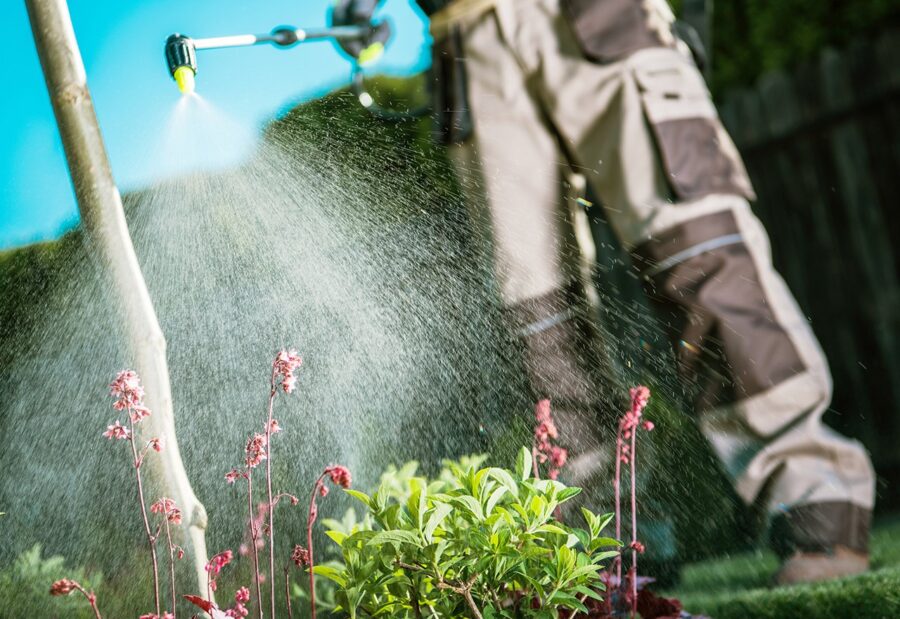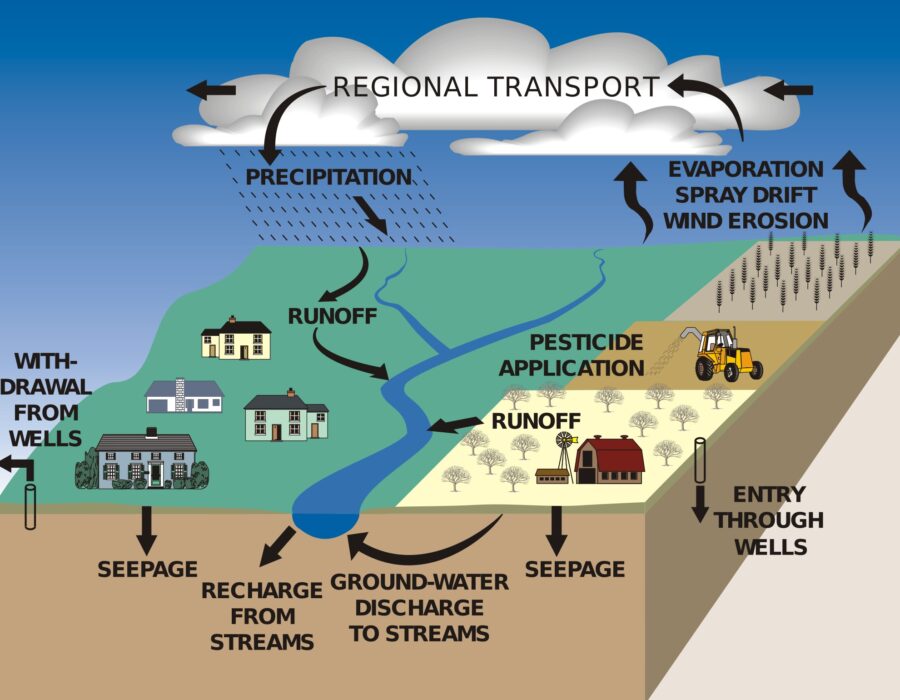#ambassadors
There Is Always a Better Option
By TCI Ambassador Mara Muse
There’s no denying it…climate change is a big issue, and we tend to think that our individual actions won’t make a difference. When I was thinking about steps that I could take to help the environment, all I could think of were big things, like converting a business to solar, which would be very hard to do for someone my age! I couldn’t seem to think of smaller, more achievable things to change. While big changes and big goals are great, we don’t have to get bogged down by the idea that those are the only ways to help the Earth. We can focus on constantly improving the little things and making better choices in our backyards, literally! Today, my goal is to spread the word about an improvement that could be made in our communities. It may not be as impactful as planting thousands of trees or transitioning a large corporation to a sustainable energy source, but I hope that by spreading the word of this issue, I can help someone else take a step towards doing their part.

As we see the tick population increase, (which can be linked to climate change!) people are using more pesticides than ever. We want to keep ticks and other insects away for the safety of our families and pets, but it comes at a cost. Every time I go for a run through a neighborhood in my community of Kennebunkport, I see countless signs on the corners of lawns displaying variations of “WARNING! This lawn was sprayed with pesticides and should be kept off of until…”, proving that these pesticides are not only toxic to the pests, but toxic to humans, animals and the environment as well. Though the pesticides are intended to target pests, they end up affecting many more life forms. The pesticides used on lawns and farms can contaminate soil and water, as well as affect creatures that have habitats in these contaminated environments. Runoff from pesticides can leak into rivers and oceans and harm or even kill living creatures. Some techniques of exterminating insects or pests, such as fumigation, produce nitrous oxide, a greenhouse gas that is 300 times more potent than carbon dioxide. Many of these pesticides are used on a large scale on big farms, but they are also used in our yards. It’s hard for us to control what the agriculture industry uses on their land… but we can control and choose the better option on ours.

Savewater.org
Many people use a toxic option of pesticides in their yards without knowing that there is an organic option that is much better for the environment. While an organic option takes a few more steps and costs slightly more, it does have a much lower climate cost! Next time you consider using pesticides, bring into consideration the environmental effects of your decision and know that there is always a better option.
“While big changes and big goals are great, we don’t have to get bogged down by the idea that those are the only ways to help the Earth. We can focus on constantly improving the little things and making better choices in our backyards, literally!”
Today I challenge you to look at one way that you can reduce your carbon footprint, ask yourself, “Is there a better option that I can choose?” Your choices have an impact! The example above is just one that I have seen from where I am, but whatever your situation, there is always room to improve. For example, you could switch from plastic to paper bags, CFO to LED light bulbs, plastic toothbrushes to wood, or disposable masks to reusable. There are always ways to decrease your carbon footprint, you just have to look for them! Educate yourself on your choices and choose the better, greener option for our planet.
